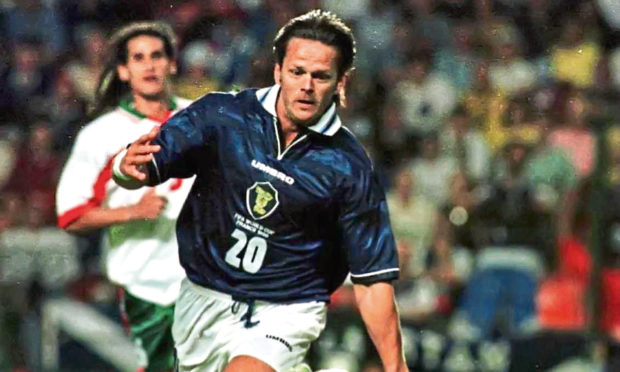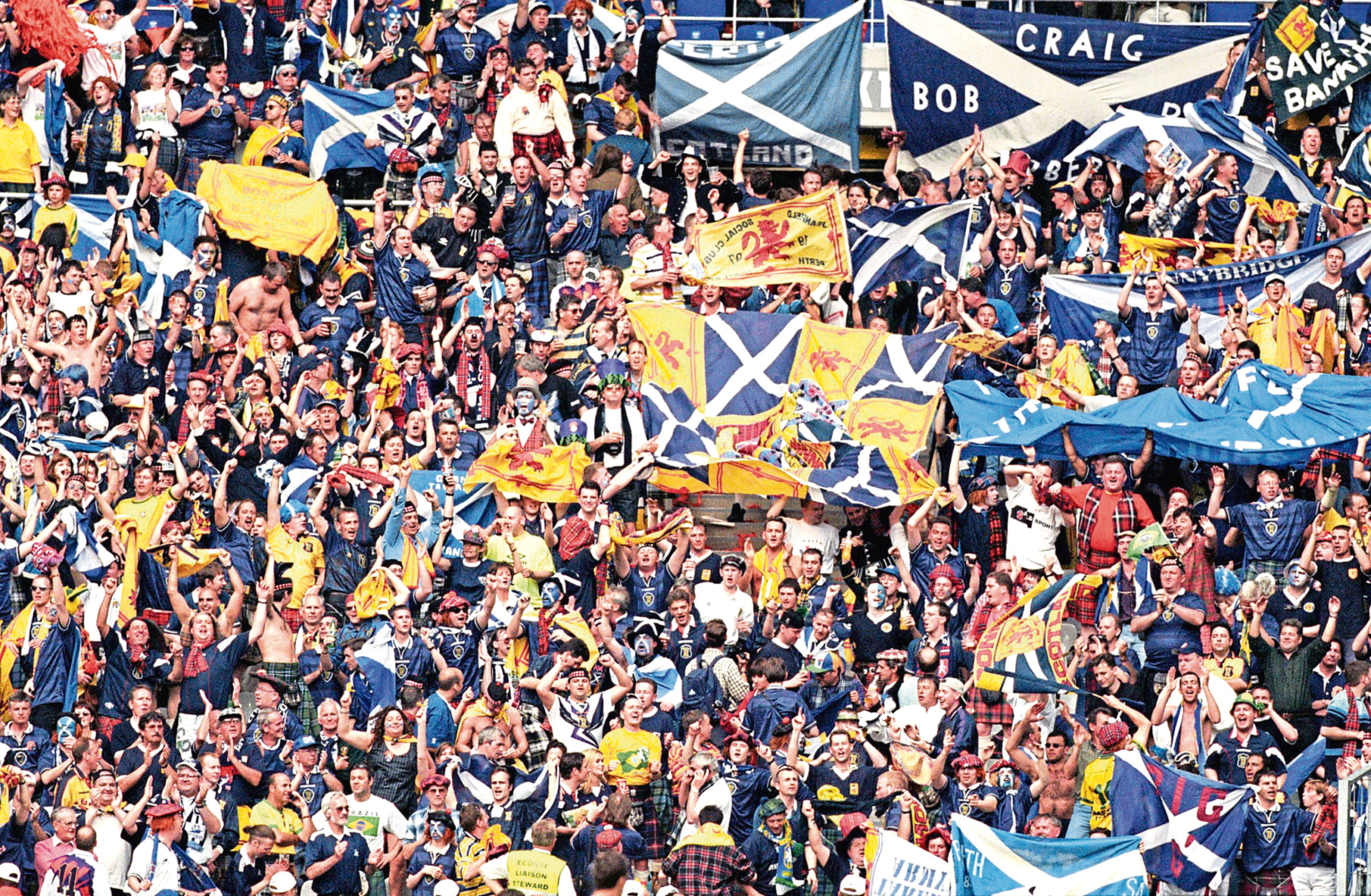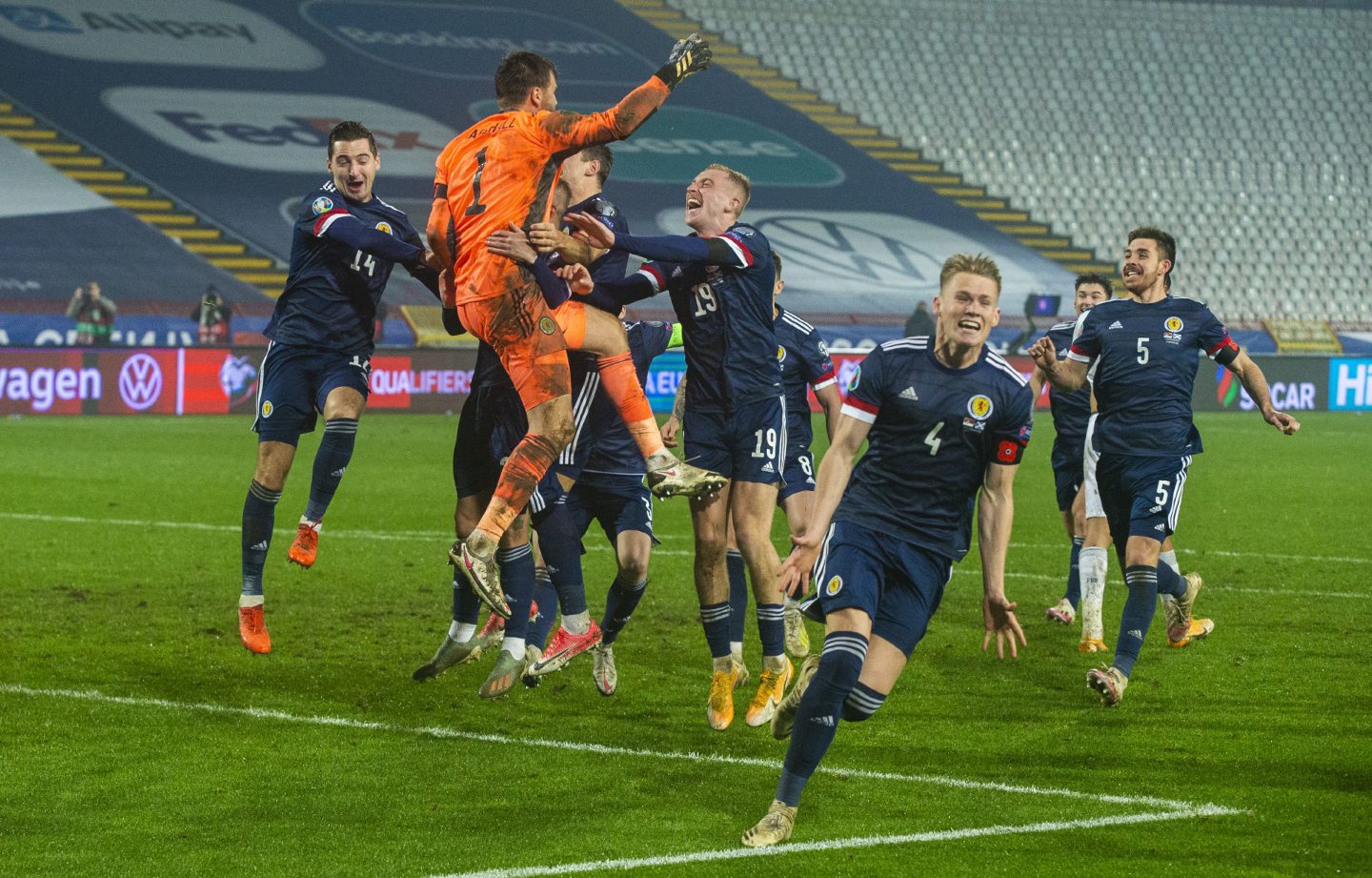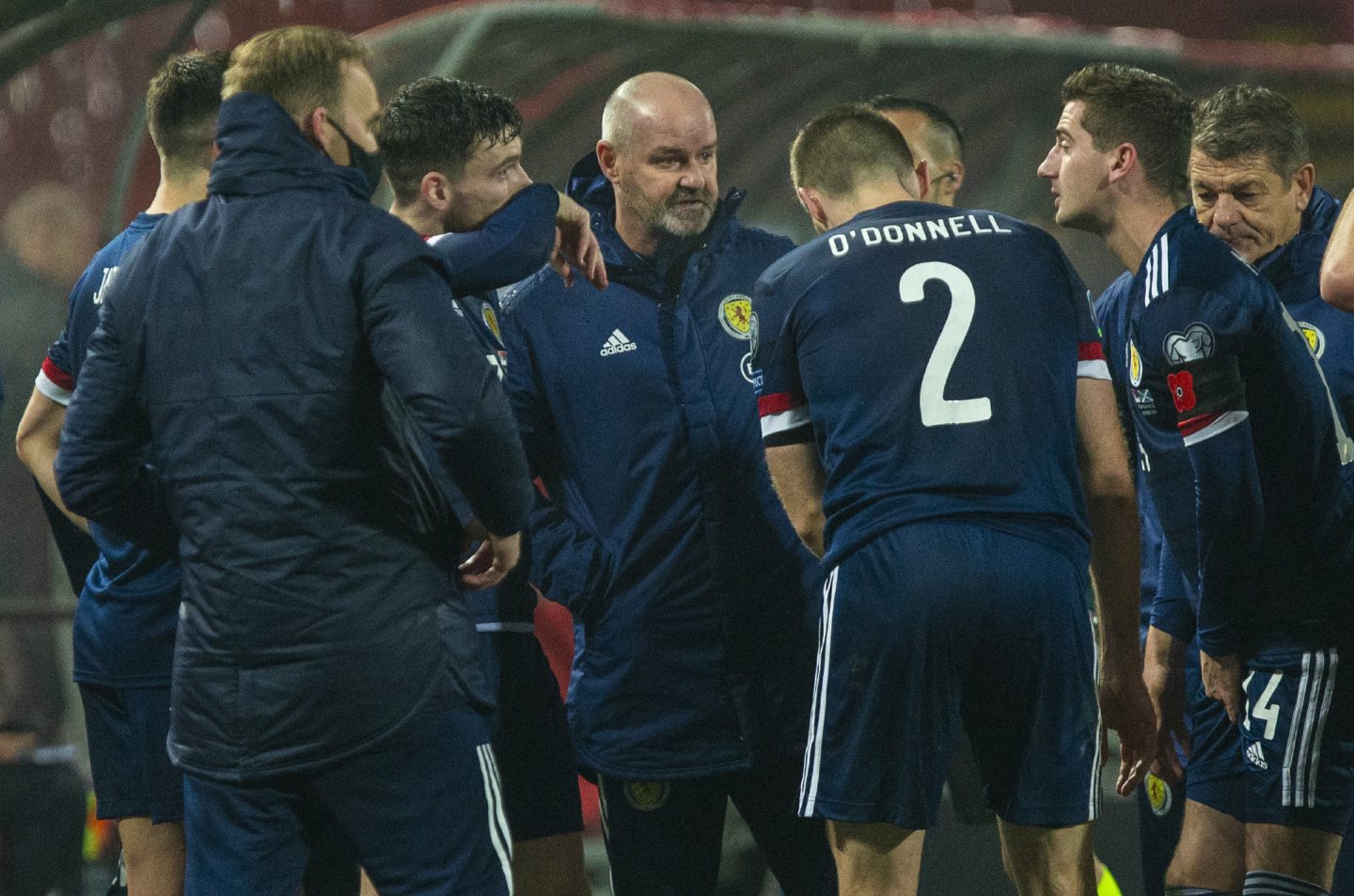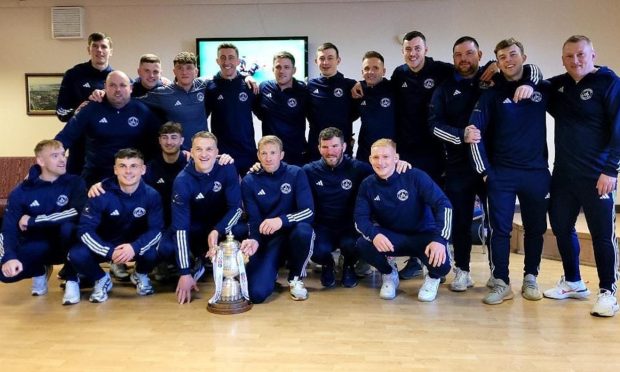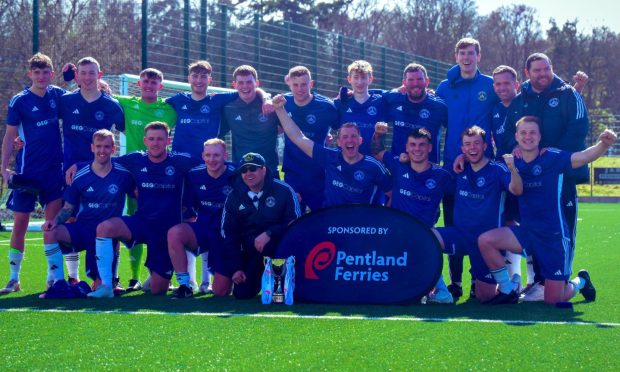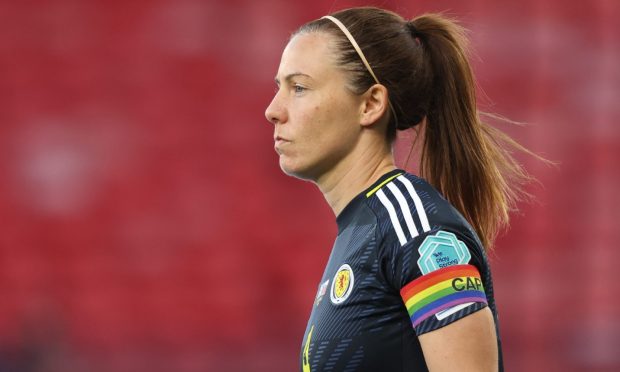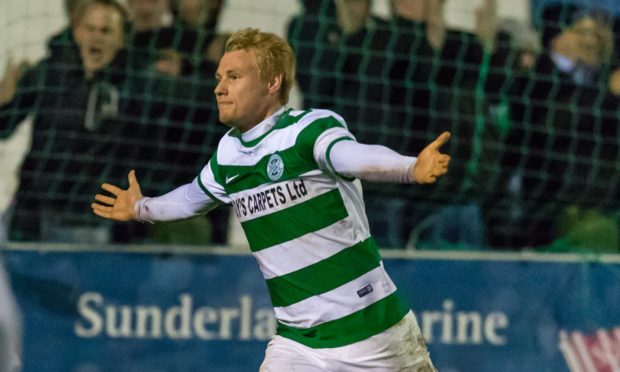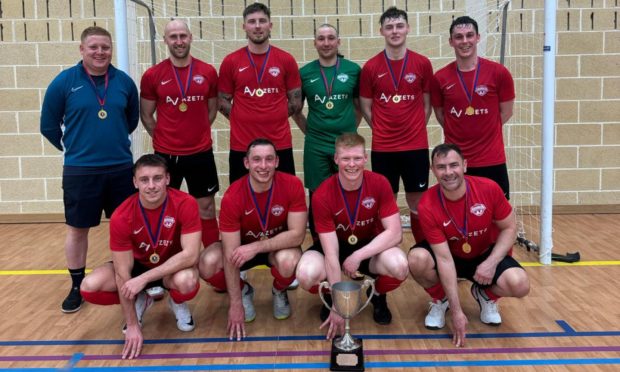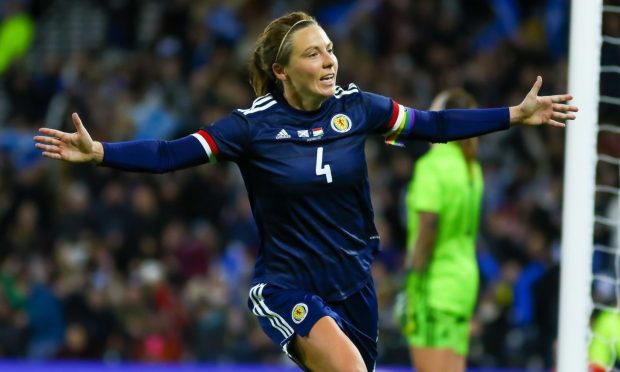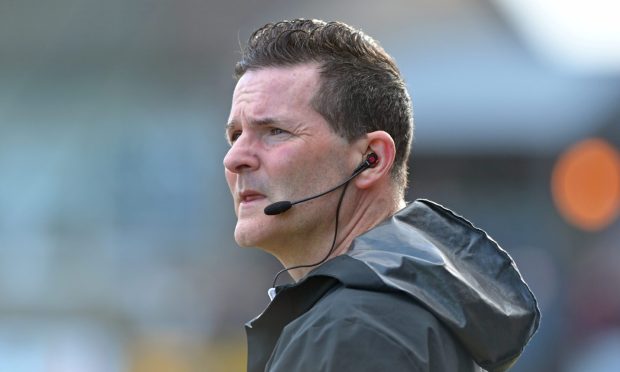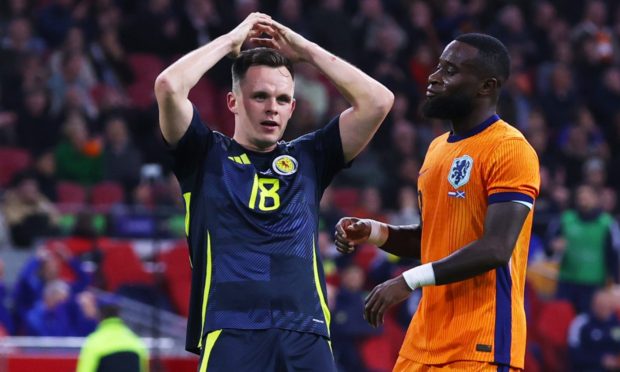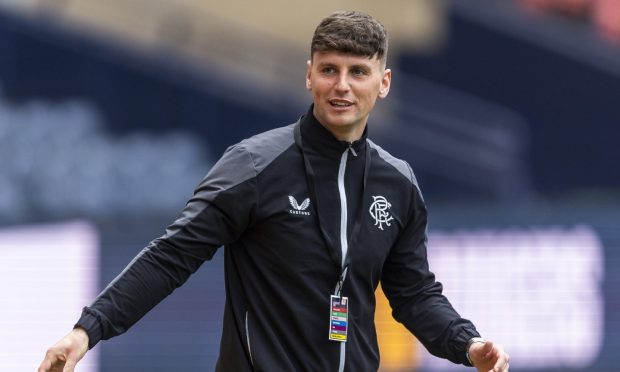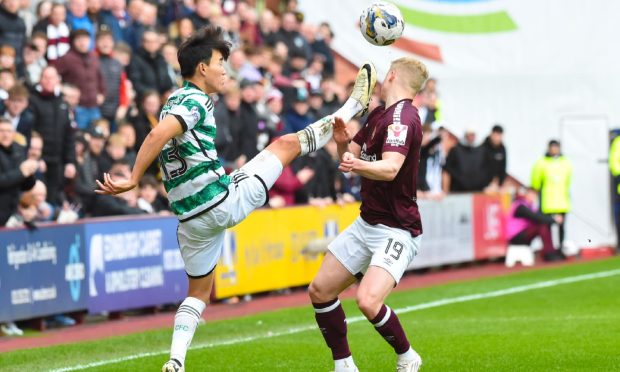Late in the evening of June 23 1998, I packed up my broadcast equipment, took a few minutes to gaze around the near-empty stadium, sighed and trooped out of the Stade Geoffroy-Guichard in St Etienne along with thousands of crestfallen fans.
Scotland had just lost 3-0 to Morocco and the World Cup adventure had ended in heartbreak.
Little did we know then that it would be another 23 years before any of us would see our nation perform at another major finals.
My sons are now aged 30 and 31, they have only vague recollections of watching the Scots perform at Euro 96 and France 98. One lives in Glasgow, the other in Melbourne and both were in tears on Thursday night – and they would not have been alone.
For many fans, next summer will be the first opportunity of their lives to see Scotland dining out at the top table.
It is a wonderful, almost unbelievable prospect and one that will give the nation a genuine pick-me-up after what has been the most difficult of years. Even as I write this, I can barely believe it has happened.
But it has and it was so typically Scottish that we had to go all the way in Belgrade before eventually overcoming the Serbs.
For 89 minutes it was as good a performance as I can remember from the national team in such an important fixture, but one lapse in concentration cost us and as the home side grew in confidence, the extra-time period was a tough watch.
The penalty shoot-out wasn’t much better, but Leigh Griffiths, Callum McGregor, Scott McTominay, Oli McBurnie and Kenny McLean all held their nerve and the spotlight fell on two men, Aleksandar Mitrovic and David Marshall.
Having feared the worst for most of the night, a sudden calm descended on me as the Fulham striker stepped up and I became convinced Marshall was going to keep out his spot-kick.
The look on the keeper’s face as he sought confirmation from the referee that his save was legal summed up the hopes and dreams of the nation and the explosion of joy when he was given the thumbs-up was mirrored all around the country.
It has been the longest qualification campaign known to mankind, but it is finally over and Scotland are back where they were for the best part of a quarter of a century from the early 1970s onwards.
And doesn’t it feel good?
It took Steve Clarke a few games to get into his stride as national team manager and the back-to-back 4-0 defeats to Belgium and Russia were a chastening experience.
The team stabilised towards the end of 2019, but the football still wasn’t great. It wasn’t until the recent run of matches that we saw real signs that the manager’s influence was growing and that came to fruition in Belgrade.
Clarke has done with the national team exactly what he did with Kilmarnock, concentrating initially on sorting out the defence and now giving the more creative talents in the side the chance to flourish.
Wherever the finals take place – and I hope UEFA doesn’t move the tournament to Russia – we can approach the tournament with genuine confidence.
The summer of 2021 could be a highly memorable one.
Can Clarke go 10 games without defeat – something Scotland haven’t done since 1927?
As the nation beams with delight, one man will have packed the celebrations away for the meantime to concentrate on the next two games.
Steve Clarke is a pragmatist, a solid, down-to-earth football manager who won’t be swayed by emotion irrespective of the circumstances and within a few hours of the final whistle sounding in Serbia he would have turned his attention to the next two parts of the November triple-header, starting with tomorrow afternoon’s encounter with Slovakia.
It would be easy to play down the importance of the Nations League, but we only enjoyed the drama of Thursday night because of that competition and victory in Trnava will secure us a potential play-off place for the 2022 World Cup Finals.
I would expect changes, but not too many, as the manager will want continuity as he looks to extend the team’s unbeaten run.
It was in 1927 that Scotland last went 10 games without defeat – that is a measure of the incredible job Clarke is doing.
